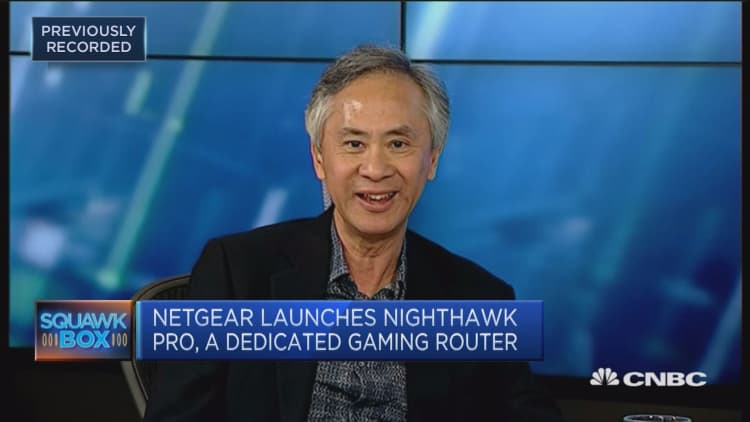At some point in the not-too-distant future, the math won't make sense anymore for banks to keep plowing cash into buying back their own shares. When that happens, a climate for deals finally could develop.
In that case, JP Morgan and Goldman Sachs both could emerge as significant players, broadening their reach not directly into banking but rather into ancillary industries that will help the Wall Street institutions grow, according to an analysis Monday by Keefe, Bruyette & Woods.
Buying other banks does not appear to be much of an option at this point, in part because the biggest institutions already are at their deposit caps and would need regulator approval before taking on another institution.
"Over time, we believe Universal Banks will return to the M&A market in larger-size deals in order to increase scale in businesses that are higher return or in businesses that will lead to scale and efficiency opportunities," KBW analysts Brian Kleinhanzl and Michael Brown said in a report for clients.

Broadly speaking, M&A deals are down 10 percent over the past 12 months through February, according to FactSet. In the financial sector specifically, deal volume is off 5.7 percent.
KBW projects universal banks — the biggest Wall Street names — will plow $97 billion into share repurchases in 2018. That's more than 10 percent of the total $800 billion or so that JP Morgan analysts expect in buybacks this year and a trend that KBW expects to extend through 2019.
The issue of buybacks has become thornier lately in light of the big corporate tax cut Congress passed at the end of 2017 that came with an accompanying major break for companies looking to repatriate overseas profits. Critics of the tax plan speculate that the bulk of tax savings realized will get sent back to shareholders via buybacks and dividends.
Banks, though, face pressure to make strategic acquisitions at a time when financial technology continues to evolve and payment systems like blockchain dominate industry headlines.
KBW sees Goldman and JP Morgan the leaders based on previously stated intentions as well as needs for the future.
In an attempt to grow revenues by $5 billion by 2020, Goldman already has been acquiring in fintech as well as asset management.
JP Morgan, meanwhile, is "likely to be an active acquirer as it seeks to increase scale in payments, wealth management, and asset management." KBW surmised that JP Morgan could be interested in a firm such as Global Payments. Such a deal would be dilutive to book value but could be a boost to earnings.
A number of banks also could make a stronger push into the exchange-traded fund space. The $3.6 trillion industry is dominated mostly by investment advisories, with State Street the only universal bank to have a meaningful market share. KBW speculated that WisdomTree might make a target at some point.
Representatives at Goldman, JP Morgan, Wisdom Tree and Global Payments did not immediately respond to requests for comment.


